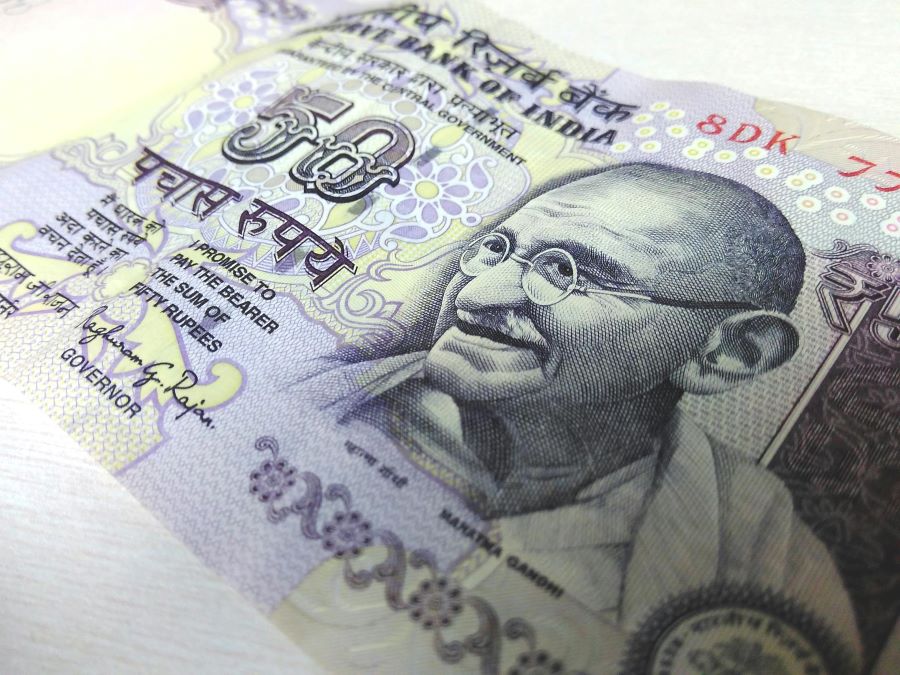Having your loan application denied can be disheartening, but it’s essential to understand that there are steps you can take to address the situation and improve your chances of securing funding in the future. In this blog, we will discuss what to do if your loan application is rejected, how to navigate the process effectively, and alternative options to consider.
Here’s a step-by-step guide to applying for a personal loan from Airtel Finance:
- Download the Airtel Thanks app – your gateway to financial freedom.
- Register on the app and unveil the financial services section like a treasure map.
- Apply for your loan with a few taps, transforming your aspirations into reality.
- Share your personal information, PAN card, and employment details like chapters of your success tale.
- Complete your KYC journey and witness your loan materialize in minutes, like magic in your hands.
Also Read: Types of Loan Subsidies from Government
Loan Application Denied:
Receiving a denial on your loan application means that the lender has determined you do not meet their specific criteria for borrowing money. Reasons for a loan application denial may include a low credit score, insufficient income, high debt-to-income ratio, or a history of late payments. Understanding the reasons for the denial is crucial in addressing the issue and improving your financial profile.
Steps to Take if Your Loan Application Is Denied:
Review the Denial Letter: When your loan application is denied, the lender is required to provide you with a denial letter outlining the reasons for the decision. Review this letter carefully to understand why your application was rejected and identify areas for improvement.
Also Read: What is a Delayed Draw Term Loan (DDTL) and How Does It Work?
Check Your Credit Report: Your credit report plays a significant role in the lending decision. Request a copy of your credit report from major credit bureaus and review it for inaccuracies or negative items that may have impacted your credit score. Dispute any errors and work on improving your credit health.
Address the Issues: If your loan application was denied due to specific reasons such as a low credit score or high debt levels, take proactive steps to address these issues. Pay down outstanding debts, make timely payments on existing accounts, and work on building a positive credit history.
Explore Alternative Lenders: If traditional banks have denied your loan application, consider alternative lenders such as credit unions, online lenders, or peer-to-peer lending platforms. These lenders may have different eligibility criteria and be more willing to work with borrowers with less-than-perfect credit.
Consider a Co-Signer: If your loan application was rejected due to credit or income issues, you may benefit from having a co-signer on the loan. A co-signer with a strong credit history and stable income can increase your chances of approval and potentially secure better loan terms.
Loan Application Rejected:
Loan application rejection can be a setback, but it’s not the end of the road. By taking proactive steps to address the reasons for the rejection and exploring alternative options, you can improve your financial standing and increase your chances of obtaining funding in the future. Remember that each rejection is an opportunity to learn and grow towards financial stability.
Also Read: What is a Loan Subsidy? Meaning, Types and How to Apply?
FAQs:
Q1: Can I reapply for a loan after being denied?
Yes, you can reapply for a loan after being denied. However, it’s essential to address the reasons for the initial denial and take steps to improve your financial situation before reapplying.
Q2: Will a loan denial affect my credit score?
A loan denial itself does not directly impact your credit score. However, multiple loan applications within a short period can lower your credit score due to hard inquiries. It’s crucial to apply for loans strategically to avoid unnecessary credit checks.
Q3: How long should I wait before reapplying for a loan after a denial?
It’s advisable to wait at least three to six months before reapplying for a loan after a denial. Use this time to improve your credit score, address any financial issues, and strengthen your loan application.
Q4: What are some common reasons for loan application rejections?
Common reasons for loan application rejections include low credit score, insufficient income, high debt-to-income ratio, lack of collateral, and a history of late payments or defaults.
Q5: Are there government programs or resources available for individuals with denied loan applications?
Yes, there are government programs and resources available to help individuals with denied loan applications. These may include credit counselling services, financial education programs, and assistance for low-income borrowers.
In conclusion, facing a loan application denial can be challenging, but it’s essential to view it as an opportunity to improve your financial situation and work towards securing funding in the future. By addressing the reasons for the denial, improving your credit health, and exploring alternative lending options, you can increase your chances of success and achieve your financial goals. Remember that persistence, education, and financial responsibility are key to overcoming loan application rejections.


 Get App
Get App  Airtel Store
Airtel Store  Login
Login 


